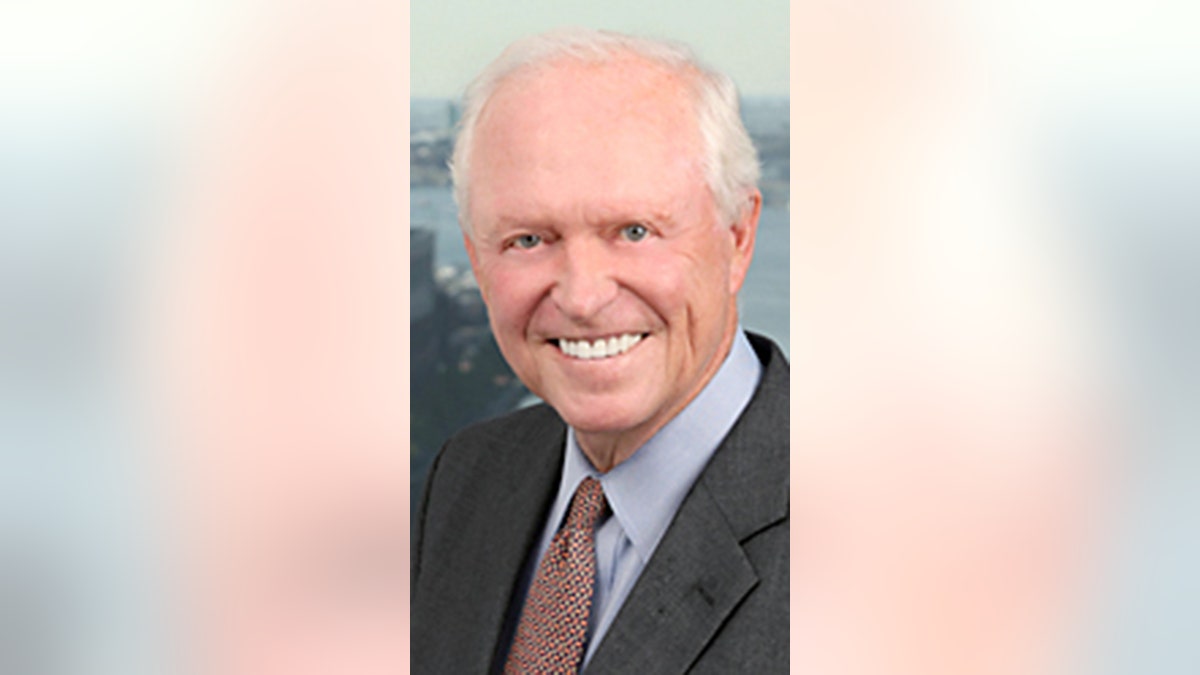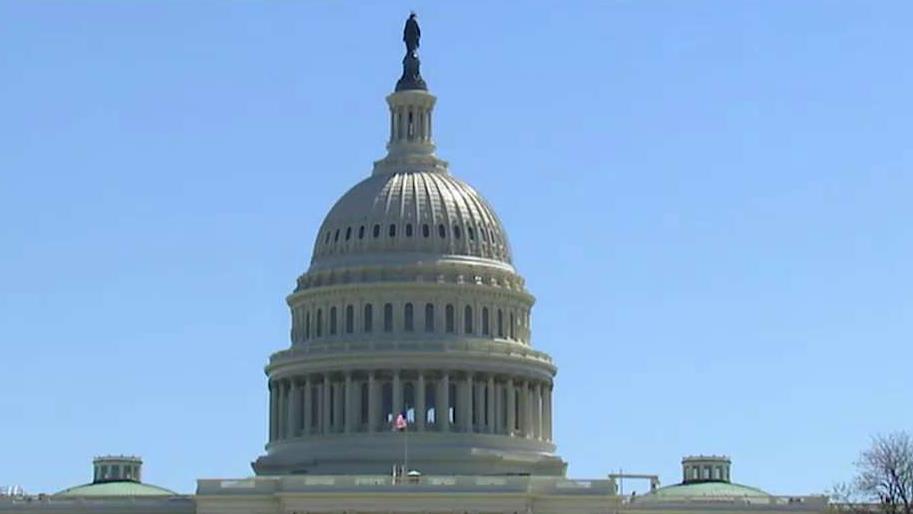
Former Attorney General Benjamin Civiletti told President Carter federal agencies legally cannot spend money absent a spending bill in 1980. (Venable LLP)
The first government shutdown to effectively closed a federal agency came as a surprise.
It was Benjamin Civiletti, then the Democratic attorney general for President Carter, who decided that agencies effectively be shuttered and not spend money during times of “lapsed appropriations” in April 1980. His decision meant the Federal Trade Commission shut down for one day in what The Washington Post called then “the first federal agency ever forced to close its doors in a budget dispute.”
“It is my opinion that, during periods of ‘lapsed appropriations,’ no funds may be expended except as necessary to bring about the orderly termination of an agency’s functions, and that the obligation or expenditure of funds for any purpose not otherwise authorized by law would be a violation of the Antideficiency Act,” Civiletti said in a letter to Carter.
The Antideficiency Act essentially bars federal agencies from using more funds that have been appropriated. It was originally passed by President Ulysses S. Grant and was reportedly designed to help curtail rampant spending after the Civil War.
PARTIAL GOVERNMENT SHUTDOWN TIMELINE: FROM TRUMP’S DEMANDS TO DEMOCRATS’ PROPOSALS
Civiletti’s initial interpretation of the law was strict, and he promised his Justice Department would take action against anyone found to be violating it. He later issued another opinion allowing for essential services to continue during these times.
“[T]here is nothing in the language of the Antideficiency Act or in its long history from which any exception to its terms during a period of lapsed appropriations may be inferred. Faithful execution of the laws cannot rest on mere speculation that Congress does not want the Executive Branch to carry out Congress’ unambiguous mandates,” he wrote.
Prior to Civiletti’s decision, federal agencies largely ignored a lack of a spending bill and continued to work as normal by switching to credit.
“In the ‘60s and ‘70s down until 1980, it was not taken that seriously at all,” Charles Tiefer, a former congressional legal adviser, previously told NPR. “It was thought that Congress would soon get around to passing the spending bill, and there was no point in raising a ruckus while waiting.”
ANTI-SEXUAL VIOLENCE GROUPS FEEL ‘PINCH’ AS GOVERNMENT SHUTDOWN CONTINUES
Attention often comes back to Civiletti and his decision when the government shutters, just as it has during the current partial shutdown. The government has been shut down since before Christmas with President Trump and Democrats at an impasse over funding for a wall along the U.S.-Mexico border.
Now 83 years old, Civiletti told The Washington Post he is surprised shutdowns are now “used as a political gambit.”
His said his opinion “was a purely direct opinion on a fairly narrow subject and has been used in ways that were not imagined at the time."
CLICK HERE TO GET THE FOX NEWS APP
The current shutdown is the longest in U.S. history. The previous longest government shutdown occurred during President Bill Clinton’s administration and lasted for 21 days.





